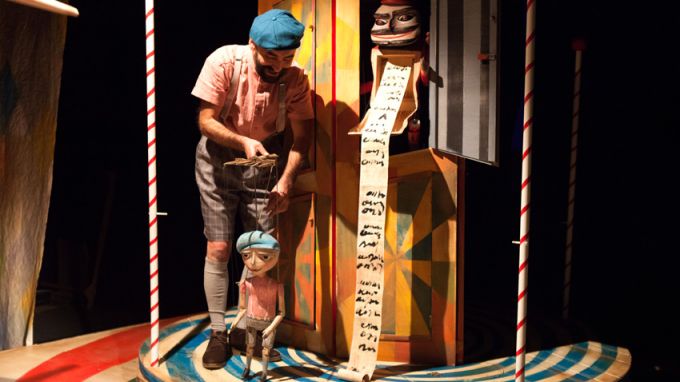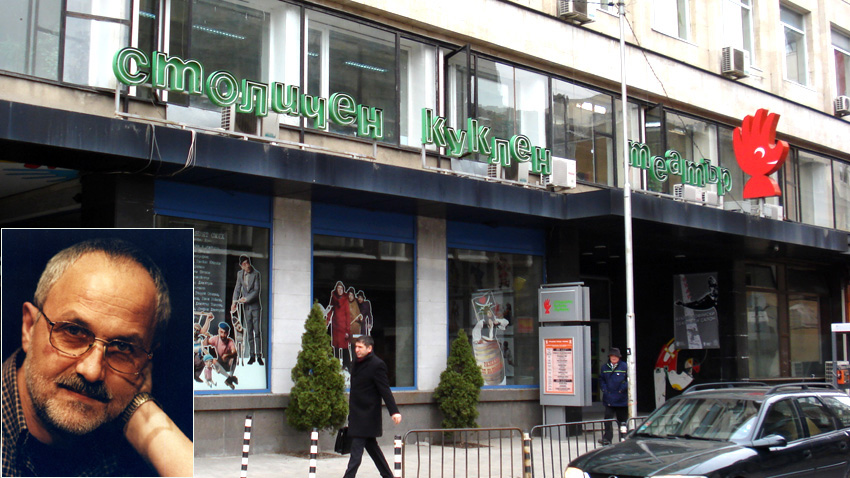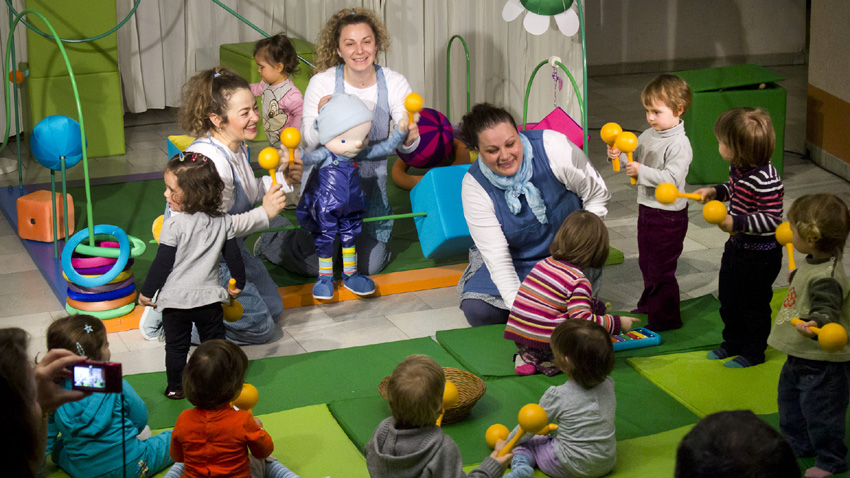 9
9
March 27 is World Theatre Day. The first plays were staged in Bulgaria at the chitalishta – (community culture clubs) – around which cultural and public life revolved around the mid-19th century. The first play was shown in the town of Shoumen on 15 August, 1856 – the comedy Mihal Mishkoed by schoolteacher Sava Dobroplodni. The man considered to be the founder of Bulgarian theatre and first stage director in the country is Dobri Voinikov. His play Civilization Misunderstood was considered the best Bulgarian comedy right up to the end of the 19th century. Ivanko – Killer of Assen by Vassil Droumev was another play popular in its day. The foundations of professional theatre in Bulgaria were laid in 1904 by the Sulza I Smyah (Tear and Laughter) drama company, later renamed to Bulgarian National Theatre.

On World Theatre Day we present the Sofia Puppet Theatre, founded in 1946 by actress Mara Penkova. Over the years it has put on 300 plays, with the company offering six new works each season – for children, for adults and for families.
In the not too distant past open-air stages were used by actors to present many and different plays, with the companies guest-performing in towns which did not have a puppet theatre of their own. In recent years however most plays are staged at the theatre itself as it is by no means easy to put on a play out of doors. So, the Sofia Puppet Theatre decided to address the youngest viewers.
“We are staging a play for babies, for children at an age when communicating with the world, with their parents is still a difficult thing, so we decided to invite them to the theatre” says Puppet Threatre Director Kyriakos Argiropulous. “What makes this project different is that we shall be working with children who can’t talk yet, who are yet to discover the word “mummy” or “daddy”. I think the idea is fabulous and we shall continue the project with children aged 1 to 3.”

The show “Baby Song” is instructive: using dolls, the actors explain what is right and what is wrong, what is “yes” and what is “no”. And the children react and make contact. They get up from the rugs they are sitting on, touch the dolls, play with the toys, explore the objects on stage and take an active part in the unfolding story.
What does our contact with children teach us?
“Purity, probably,” Kyriakos Argiropulous says. “Spontaneity, candour, because these are skills children are born with. They are also a mirror showing us our faults. If we have prepared something for them but it cannot hold their attention that means we have failed. Children get up, start walking around the room and if they get really bored, they just open the door and leave. Whereas adults remain, albeit out of a sense of decorum. So, communicating with children teaches us a great many things and enriches our world.”
“Health is what I want to wish them. And there are three things they should love best: to study, art and sports,” says in conclusion the director of the Sofia Puppet Theatre Kyriakos Argiropulous.
English version: Milena Daynova
Photos: Sofia Puppet TheaterThe Gala Concert of the National Ballet of El Salvador will take place today at 16.00 in the State Opera House in Stara Zagora as part of the programme of the 54th International Festival of Opera and Ballet Arts . The founder and director of..
The ninth edition of the initiative Poetry in the Metro opens today and lasts until 23 December. The project was initiated by the Polish Cultural Institute in Sofia. It includes poems by 20 European writers. They will be displayed on panels..
Awakener/enlightener - a person who, through his actions, ideas or creative work, awakens the spirit of the people, preserves and spreads national identity, culture and education. In Bulgarian history, this term is most often associated with the period of..
The Bogdan Khmelnitsky Melitopol State Pedagogical University, together with the Shumen University "Bishop Konstantin Preslavsky",..
"Bulgarians decorate the world," tells us Emilia Juеcker, who has been living in Germany for decades. The diversity of our cultural traditions,..
The second edition of the Festival of Bulgarians and Descendants of Bulgarians in Argentina will be held on November 30 at the San Juan Bosco School in..

+359 2 9336 661
